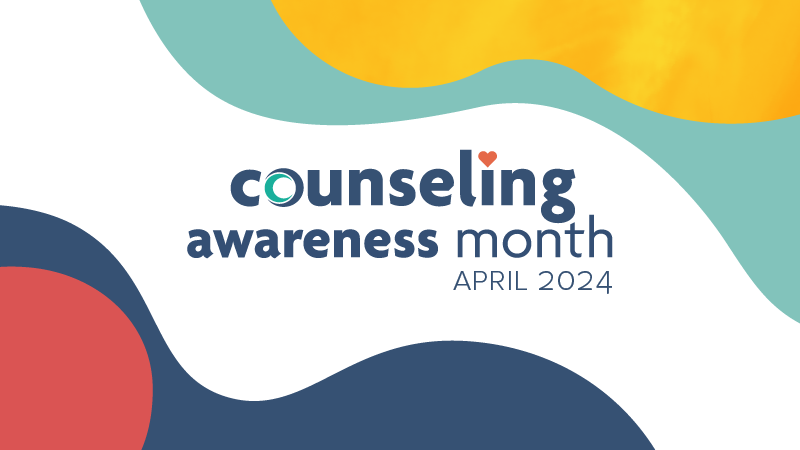What does counseling mean or entail?
Counseling is a professional relationship that empowers individuals, families, and groups to accomplish mental health, wellness, education, and career goals. (American Counseling Association) Counseling also serves to help someone get to a “better” place – whatever “better” means to that person.
When is it recommended for an individual to seek counseling services?
There’s no right or wrong time to begin working with a professional counselor. Many people seek professional counseling when they feel distressed, overwhelmed, or stuck. But everyday life challenges like unemployment/underemployment, financial worries, stress from work, or too much exposure to bad news in the media are other examples of where a counselor’s guidance can help set, or reset, people on their desired path. (American Counseling Association) An individual should consider counseling services if they are thinking about or coping with issues that make them want to avoid others; issues that cause embarrassment; or issues that have caused their quality of life to decrease by negatively affecting school, work, or relationships.
What is the difference between counseling and therapy?
Counseling and therapy are often used interchangeably, and while they are similar, there are some distinct differences. Counseling typically helps address specific issues (personal and social needs to support managing stressful situations) in the short term, and therapy helps clients dig deeper to understand the underlying psychological roots of behavior through psychotherapy methods. Therapy can also help to cope with unwanted thoughts and feelings that may affect your day-to-day functioning.
Why is accessible counseling for students important?
Youth spend most of their day to day in the school setting. Having counseling readily available reduces barriers to access and allows students who might not normally be able to get to their counseling appointment or even know where to find one. Counseling helps students identify what it is they are feeling and identify the emotion they are experiencing so they may better respond when they feel this way.
What are the main issues found among students seeking counseling services?
As of April 2024, the largest issues among students seeking counseling services are anxiety, depression, bullying, suicidal ideation, and substance use. This does differ slightly across different ages.
What’s the role that parents and teachers play when a student is receiving counseling at school?
From a culturally responsive lens, parents, teachers, and the community in general play a pivotal role in the lives of students. Students must have a champion in the corner when it comes to seeking mental health support at school. Sometimes both parents and teachers need to be educated about the benefits of counseling in school to play a more active role in supporting the student to achieve their goals. Additionally, support services often compete for time in the school building, ensuring that teachers and administration understand the benefits and impact of counseling in the school so that all parties can work together.
What does a counseling session include? And how often should they be?
Counseling session frequency is dependent on needs. It can be weekly, biweekly, or monthly, which we call Counseling Awareness Month maintenance. This all depends on the presenting concerns. Sessions typically last 45-60 minutes. Counseling also includes relationship building to get to the level of trust and honesty that helps identify the core root of the issue and helps problem-solve through strength-based strategies.

